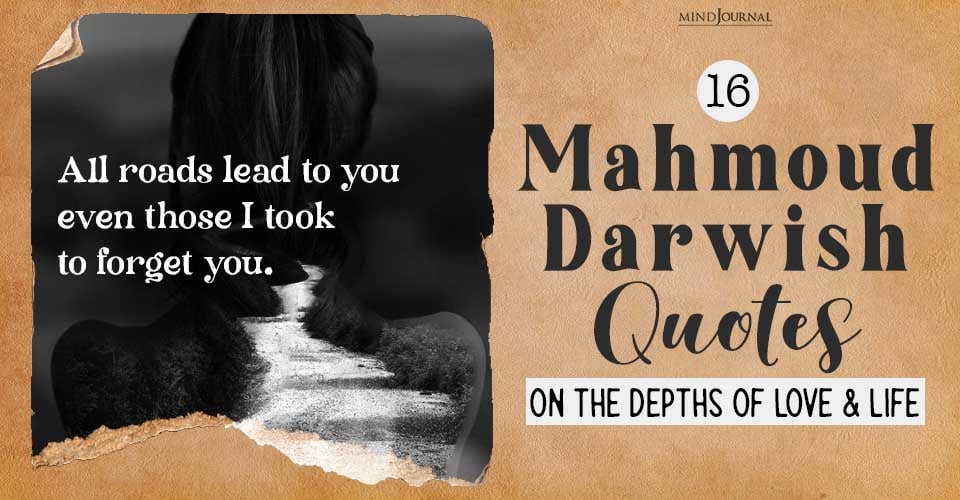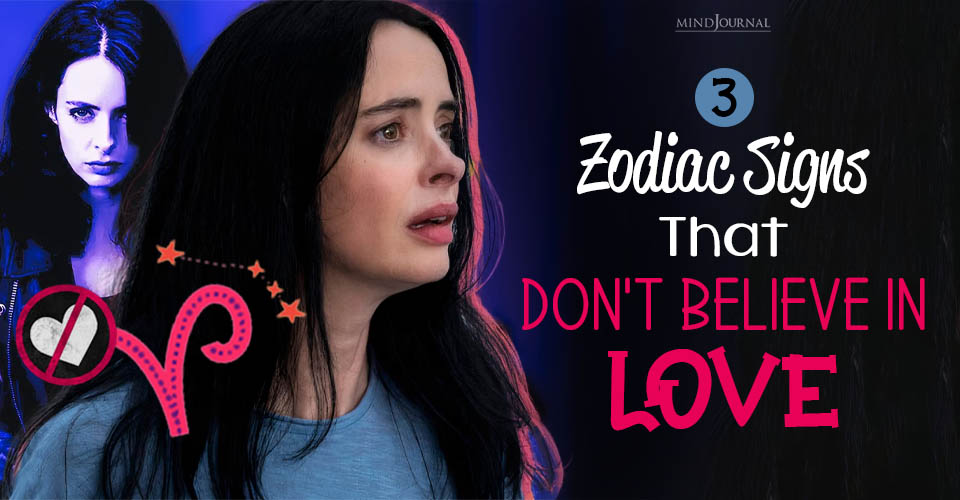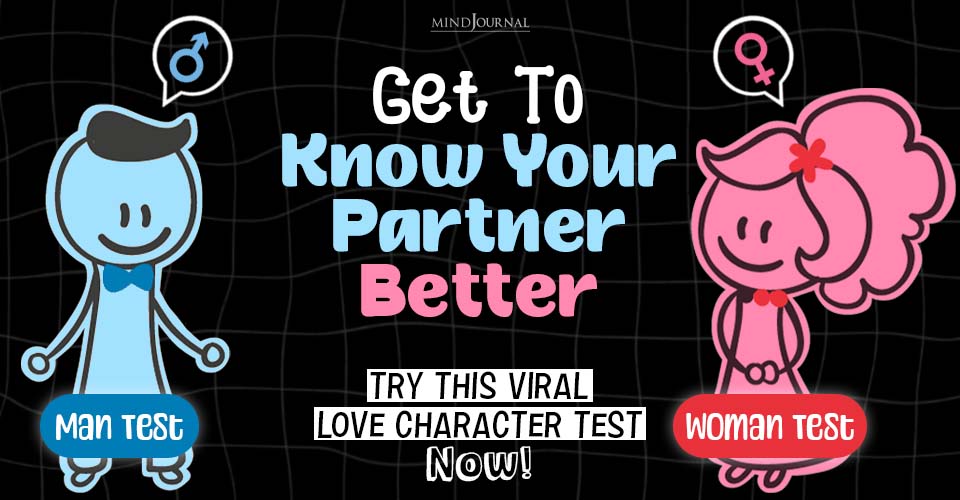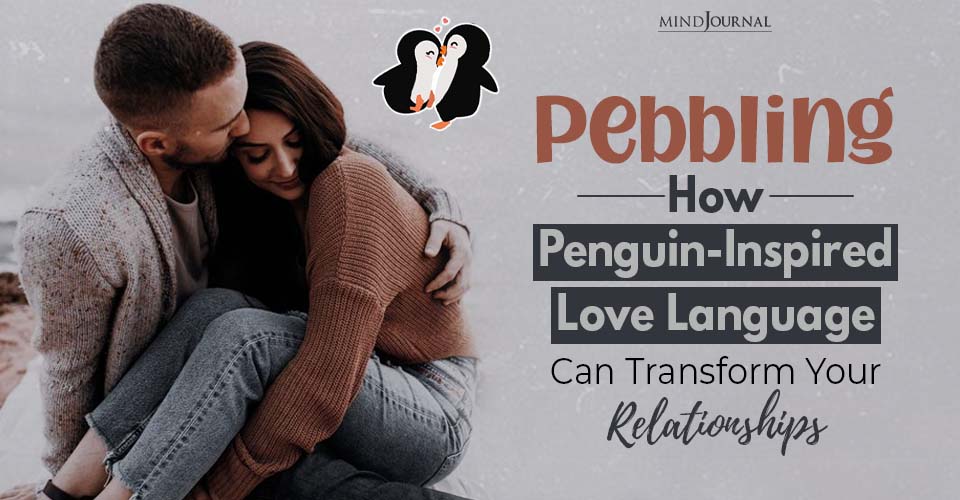Love is one perplexing feeling. This Valentine’s Day let’s try to make sense of it all – what love is and is not. And we’ll explore it’s 11 key differences. Are you ready?
Most of the things we have been conditioned to believe about what love is are bullsh*t. The myth of romantic love has been ingrained in us since childhood through cultural conditioning, childhood fairy tales, and movies.
Everyone has different opinions on love as well as different experiences. But there are some misconceptions about love which makes it a complicated subject. Let’s take a closer look at what love is actually, and what love isn’t
We have been led to believe that for every man in the world, there is a woman “Meant for him” and vice versa. Moreover, the myth reinforces that there is only one man meant for a woman and one woman meant for a man and all this is “predetermined” in the stars.
When we come across the person that heaven intended for us, we will find our perfect match and then we will be compatible in every regard, we will understand each other without even uttering a word and we will be able to satisfy all of each other’s needs and live happily ever after in perfect harmony.
Should it happen that we do not understand each other or fail to satisfy all of each other’s needs or fight or fall out of love, then it is clear that we made a dreadful mistake, we did not read the signs right and hook up with our one and only perfect match, what we thought was love was not the real thing and nothing can be done about the situation and we are doomed for life.
Related: 5 Everyday Things You Can Do To Keep Your Relationship Healthy
So, What Love Is And Is Not?
Here’s What Love Is In A Relationship
1. Love is a choice.
As we discussed, love is not an overwhelming feeling. Instead, it is a thoughtful and committed decision.
“I have defined love as the will to extend oneself for the purpose of nurturing one’s own or another’s spiritual growth. Genuine love is volitional rather than emotional. The person who truly loves does so because of a decision to love.
True love is not a feeling by which we are overwhelmed. It is a committed, thoughtful decision.” – M. Scott Peck, The Road Less Traveled: A New Psychology of Love, Traditional Values and Spiritual Growth

2. Love is disciplined.
We do not like to hear these two in the same sentence but discipline is actually required to love in the right ways.
“Love is not simply giving; it is judicious giving and judicious withholding as well. It is judicious praising and judicious criticizing. It is judicious arguing, struggling, confronting, urging, pushing, and pulling in addition to comforting. It is leadership.
The word “judicious” means requiring judgment, and judgment requires more than instinct; it requires thoughtful and often painful decision making.” – M. Scott Peck, The Road Less Traveled: A New Psychology of Love, Traditional Values and Spiritual Growth
3. Love is separateness.
Love is a beautiful companionship between two separate individuals who come together to help each other to reach their highest potential without losing their individuality in the process.
“Let there be spaces in your togetherness, And let the winds of the heavens dance between you. Love one another but make not a bond of love: Let it rather be a moving sea between the shores of your souls. Fill each other’s cups but drink not from one cup.
Give one another of your bread but eat not from the same loaf. Sing and dance together and be joyous, but let each one of you be alone, Even as the strings of a lute are alone though they quiver with the same music.
Give your hearts, but not into each other’s keeping. For only the hand of Life can contain your hearts. And stand together, yet not too near together: For the pillars of the temple stand apart, And the oak tree and the cypress grow not in each other’s shadow.”
― Khalil Gibran, The Prophet
Related: What Does Being In Love Feel Like? For Those Who Can’t Figure It Out
4. Love is action and effort.
When we have genuine and strong feelings for someone, we make every possible effort to act towards them in loving ways even on our most hectic days or days when we don’t feel like doing so.
It is how we love their very being, their essence; it is how we love them through thick and thin, through ups and downs, through their flaws and imperfections, day in and day out.
5. Love is relaxed.
It is never about insecurity or jealousy or possessiveness. Love should be wild and free but relaxed and secure.
“The Buddhists say if you meet somebody and your heart pounds, your hands shake, your knees go weak, that’s not the one. When you meet your ‘soul mate’ you’ll feel calm. No anxiety, no agitation.” ― Monica Drake, Clown Girl
Understanding What Love Isn’t

If you ask people to define love, most of them would use the above-mentioned descriptors. However, if you have lived enough life, you would have realized that what we have been culturally conditioned to think about this emotion is actually unhealthy and incorrect.
Before we get down to understanding what it really is, let’s first filter out what it is not.
1. Love is not a feeling.
We have been led to believe that it is a feeling. But that’s not the case with genuine love.
When we meet someone, we may start to feel an attraction to them due to the chemical rush inside our bodies. But this phase of attraction and lust doesn’t last long.
Our feelings can be momentary and fleeting but when they are genuine, it implies commitment and exercise of wisdom. It is when we truly love someone, that we make a thoughtful and committed decision to support that person’s well-being and growth.
Related: Mistaking Love: 7 Feelings That You May Confuse With Love
2. Love is not dependency.
The romantic ideal of love propagated by Hollywood flicks and fairytales makes some people believe that a part of them is missing until they find their other half. These kinds of people have no sense of identity without a relationship and tolerate loneliness poorly.
“Love is the free exercise of choice. Two people love each other only when they are quite capable of living without each other but choose to live with each other.” – M. Scott Peck, The Road Less Traveled: A New Psychology of Love, Traditional Values and Spiritual Growth
Genuine love is built on the foundations of intimacy and interdependence if this delicate balance is lost, the dreadful psychological condition of codependence sets in.

3. Love is not hurtfulness or vengeance.
It is never about hurtfulness or vengeance. These emotions can only come from a place of ego and fear and never from a place of genuine feelings.
“If in your relationships you experience both “love” and the opposite of love ― attack, emotional violence, and so on ― then it is likely that you are confusing ego attachment and addictive clinging with love.
You cannot love your partner one moment and attack him or her next. True love has no opposite. If your “love” has an opposite, then it is not loved but a strong ego-need for a more complete and deeper sense of self, a need that the other person temporarily meets.”
– Eckhart Tolle, Power of Now.
Related: Real Love Is a Deliberate Choice
4. Love is not a substitute for doing your own healing and shadow work.
We unconsciously attract partners who have characteristics or qualities that we don’t have and we think that having these people in our lives will make us complete and whole. Or we attract partners to heal our inner wounds whether they stem from childhood or insecurity or any other place.
Till the time we heal our wounds and integrate our shadow side and achieve wholeness on our own, we will keep on attracting partners out of our insecurities and fear and not out of love.
Whatever you need or want from a partner, you should be able to provide for yourself first. Love is not a substitute for your inner work of healing and integrating your dark and shadow side.
5. Love is not about self-sacrifice or masochism.
It is a delicate balance of interdependence. It is about taking responsibility for self-care and then extending yourself to care for and support your partner. You cannot fill from an empty cup.
When some people refer to self-sacrifice or martyrdom as love, they are basically trying to get their own need for masochism met under the garb of it.
They suffer from low self-worth and try to compensate for the lack of self-worth by playing the role of a martyr. In this way, they are doing a disservice to both themselves and the person they claim to love.
Related: The Difference Between Needing, Wanting, And Loving Someone
6. Love is not ownership or entitlement.
We think that when we have feelings for someone, they are our own property. Not just that, we want to put a label on our relationship as soon as we can, thinking that by putting a stamp of marriage or any legally binding contract, we will be able to keep that person with us forever.
We forget that the other person is not an object and has a separate identity, opinions, likes, and dislikes.
They do not necessarily have to agree on everything that we say or do or have to function according to our whims and fancies or have to stick around with us forever.
If someone outgrows a relationship or doesn’t share the same feelings anymore, they should be free to move on from the relationship.
Understanding love is important when you’re surrounded by attraction and bare minimum’s. Share your thoughts in the comments below. Till then Happy Valentine’s Day













Leave a Reply